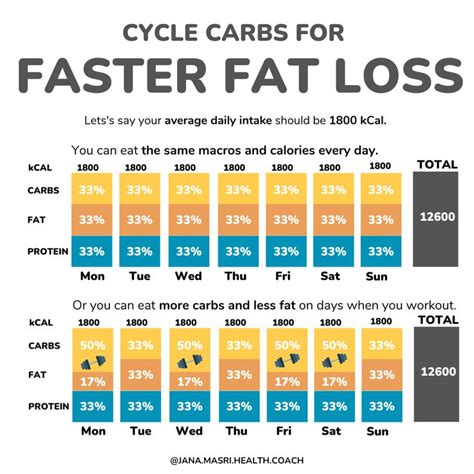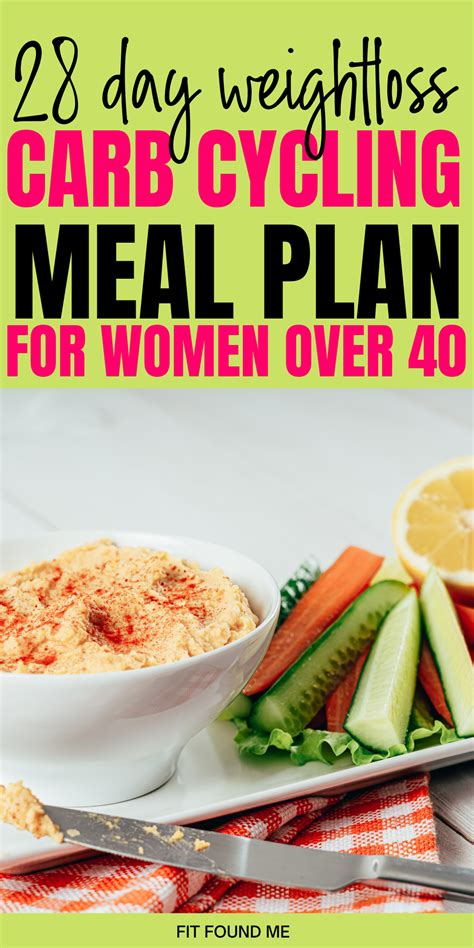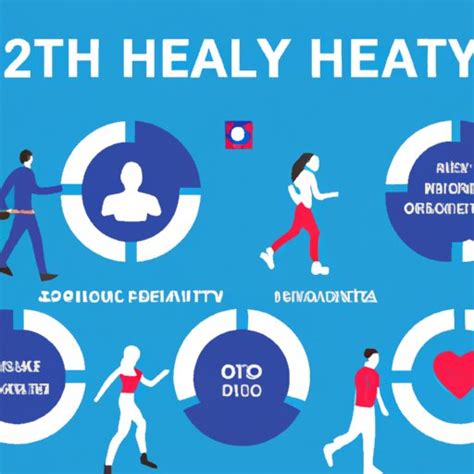Optimal carb timing for men’s peak performance, fat loss, & energy?

The Science of Carb Timing for Men
For men striving for peak physical performance, sustainable fat loss, and consistent energy levels, carbohydrates often present a perplexing challenge. Are they friends or foes? The answer lies not just in the quantity, but crucially, in the timing. Strategic carbohydrate intake can be a powerful tool, optimizing everything from intense workouts to metabolic health and cognitive function.
Understanding how your body utilizes carbohydrates throughout the day is key. Carbs are the body’s primary fuel source, broken down into glucose and stored as glycogen in muscles and the liver. This glycogen is vital for high-intensity exercise, muscle recovery, and maintaining stable blood sugar. By timing your carb intake, you can effectively direct this fuel to where it’s needed most, preventing unwanted fat storage and maximizing its benefits.

Carbs for Peak Performance: Around Your Workout
The most critical window for carb timing revolves around your training sessions. This is where carbohydrates directly fuel performance and kickstart recovery.
Pre-Workout Carbs: Fueling the Fire
Consuming carbohydrates 1-3 hours before a workout ensures your muscles have readily available glucose. This can enhance endurance, power output, and delay fatigue. Opt for complex carbohydrates like oats, whole-wheat toast, or fruit for sustained energy release, avoiding sugary simple carbs that can lead to a crash. The exact amount depends on workout intensity and duration, but typically 0.5-1g of carbs per kg of body weight is a good starting point.
Intra-Workout Carbs: Sustaining Effort
For workouts lasting longer than 60-90 minutes or involving multiple intense bouts, a small amount of easily digestible carbohydrates (e.g., a sports drink or a banana) can help maintain blood glucose levels, spare muscle glycogen, and prevent performance drops. This is especially beneficial for endurance athletes or those engaged in long strength training sessions.
Post-Workout Carbs: Recovery and Growth
Immediately after exercise (within 30-90 minutes), your muscles are primed to absorb nutrients. Consuming fast-acting carbohydrates (like white rice, potatoes, or fruit) along with protein helps replenish muscle glycogen stores, reduce muscle breakdown, and initiate protein synthesis for muscle repair and growth. Aim for a 2:1 or 3:1 carb-to-protein ratio for optimal recovery, around 1-1.5g of carbs per kg of body weight if glycogen depletion was significant.

Carbs for Fat Loss: Strategic Allocation
When fat loss is the primary goal, carbohydrate timing becomes even more strategic. The aim is to provide enough fuel for performance and recovery without exceeding caloric needs, which could lead to fat storage.
Low Carb Days vs. Carb Cycling
Many men find success with carb cycling, where carbohydrate intake varies throughout the week. On rest days or days with lower activity, reducing carbs (to around 50-100g) can encourage the body to tap into fat stores for energy. On intense training days, increasing carb intake supports performance and recovery. This approach allows for adequate fuel when needed, while promoting fat oxidation on less active days.
Evening Carbs: Friend or Foe?
There’s a common misconception that eating carbs at night leads to fat gain. However, if your daily caloric and macronutrient goals are met, the timing of your last meal is less critical. In fact, some studies suggest that consuming a moderate amount of complex carbohydrates in the evening can improve sleep quality (due to serotonin production) and aid in overnight muscle recovery, especially if you trained earlier in the day.

Carbs for Sustained Energy and Cognitive Function
Beyond performance and fat loss, carbohydrates play a vital role in maintaining consistent energy levels throughout the day and supporting cognitive function.
Breakfast Carbs: Kicking Off the Day
A balanced breakfast with complex carbohydrates, protein, and healthy fats provides a steady release of glucose, preventing mid-morning energy slumps and improving focus. Whole grains, fruits, and vegetables are excellent choices to fuel your brain and body for the day ahead.
Midday Carbs: Avoiding the Afternoon Crash
For many, the afternoon brings a dip in energy. Incorporating a moderate amount of complex carbohydrates with lunch can help stabilize blood sugar and prevent this crash, sustaining mental clarity and physical energy until your next meal or workout.

Individualization and Practical Tips
Optimal carb timing is not a one-size-fits-all solution. Factors like your activity level, body composition goals, metabolism, and even genetics play a role. Here are some practical tips:
- Listen to Your Body: Pay attention to your energy levels, workout performance, and how different carb timings affect your hunger and mood.
- Experiment: Try different approaches (e.g., more carbs around workouts, carb cycling) and track your results.
- Focus on Quality: Prioritize whole, unprocessed carbohydrate sources like vegetables, fruits, whole grains, and legumes over refined sugars and processed foods.
- Hydration is Key: Ensure adequate water intake, as carbohydrates require water for storage and utilization.
- Consult a Professional: For highly specific goals or health conditions, a registered dietitian or nutritionist can provide personalized guidance.

Conclusion
Optimal carbohydrate timing is a powerful strategy for men seeking to maximize performance, achieve sustainable fat loss, and maintain robust energy levels. By strategically allocating your carb intake around your training, balancing it on rest days, and focusing on quality sources, you can unlock your body’s full potential. It’s about making carbohydrates work for you, transforming them from a dietary concern into a key ally in your health and fitness journey.









